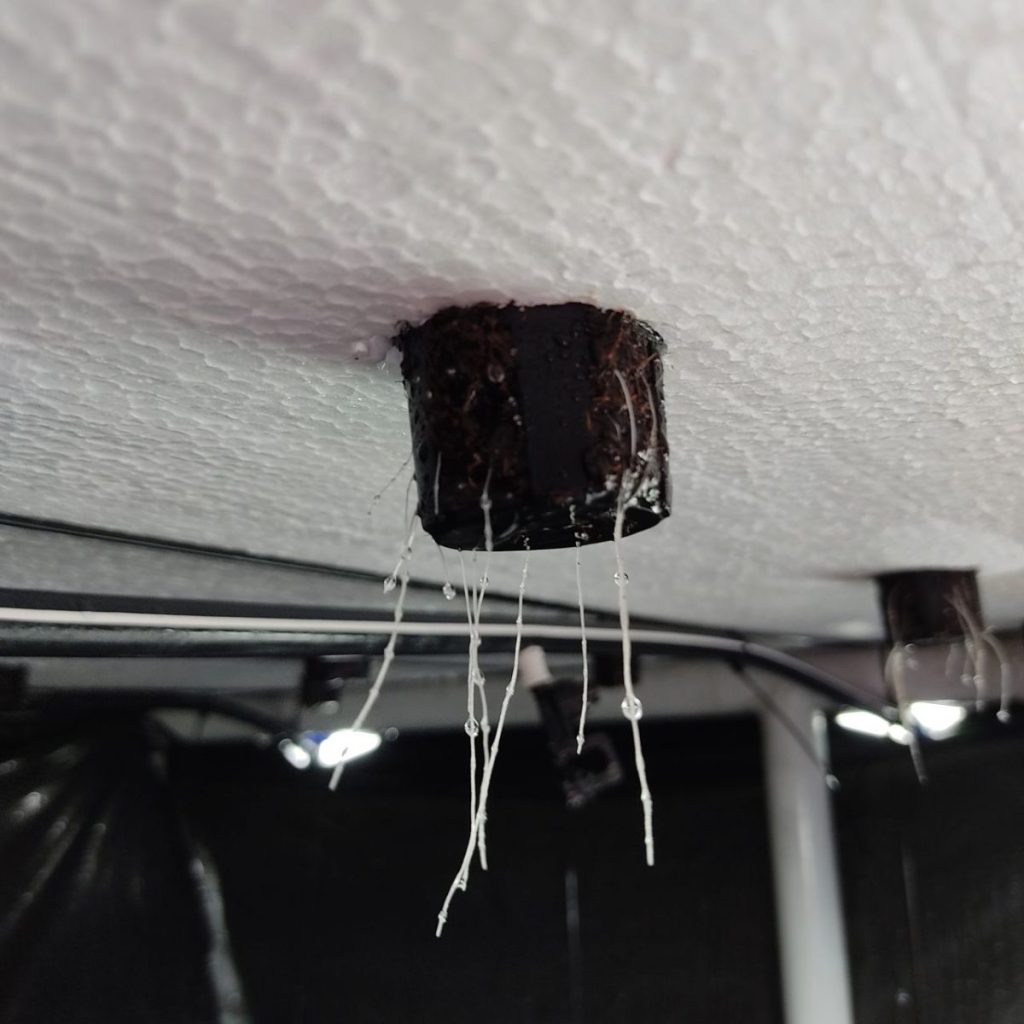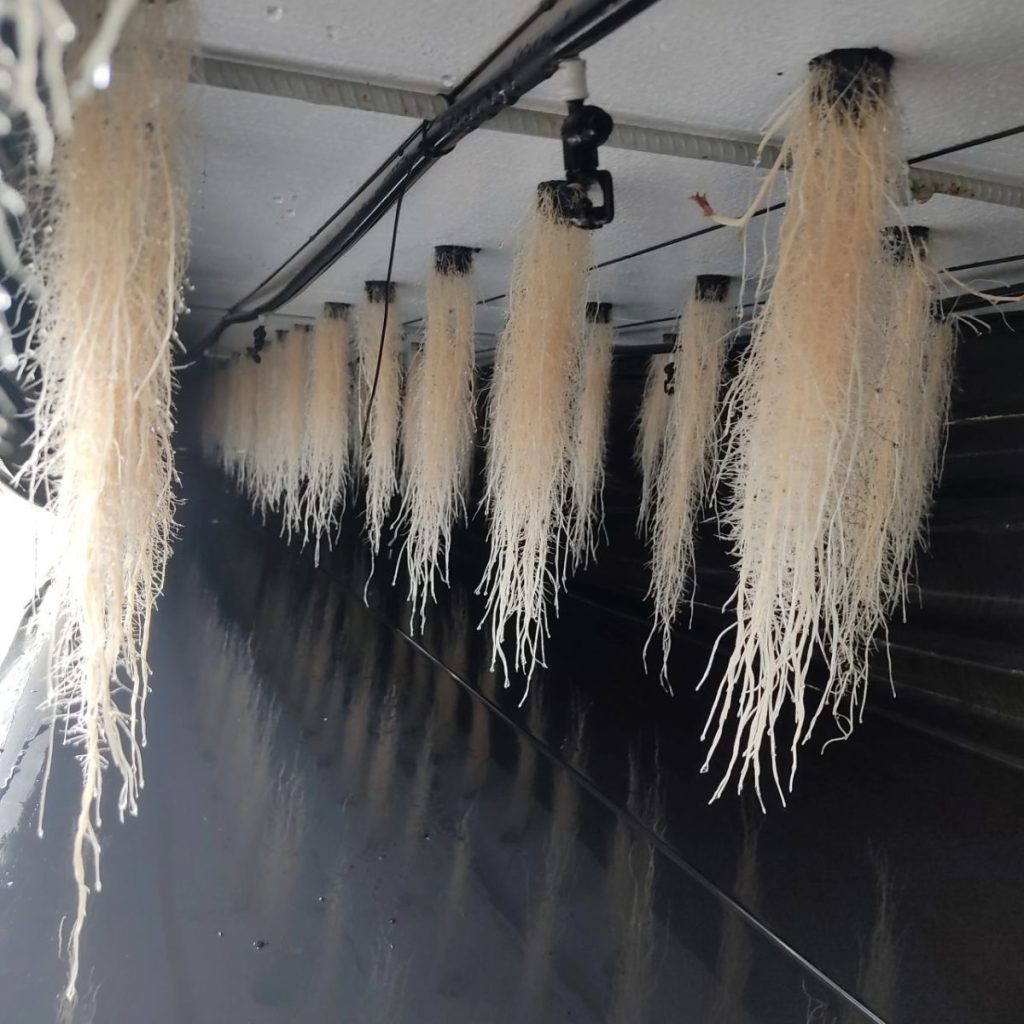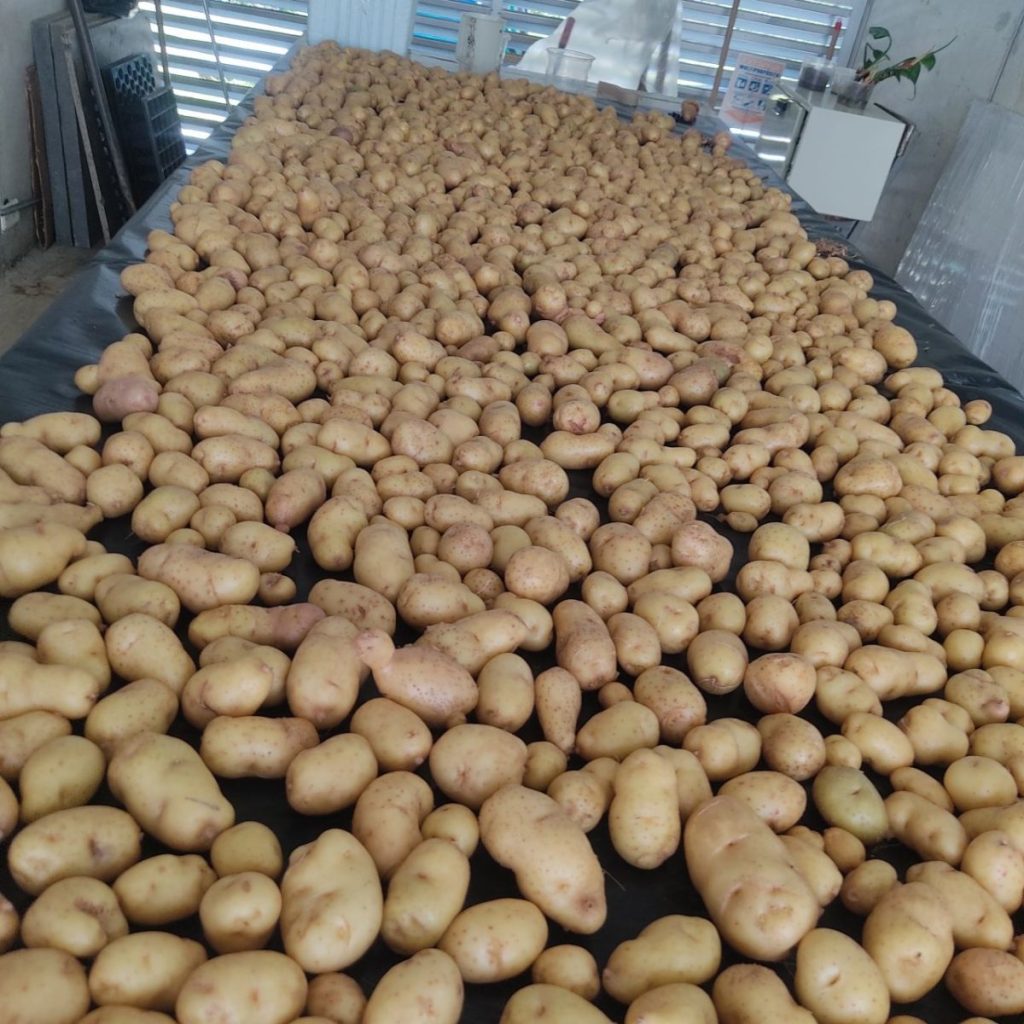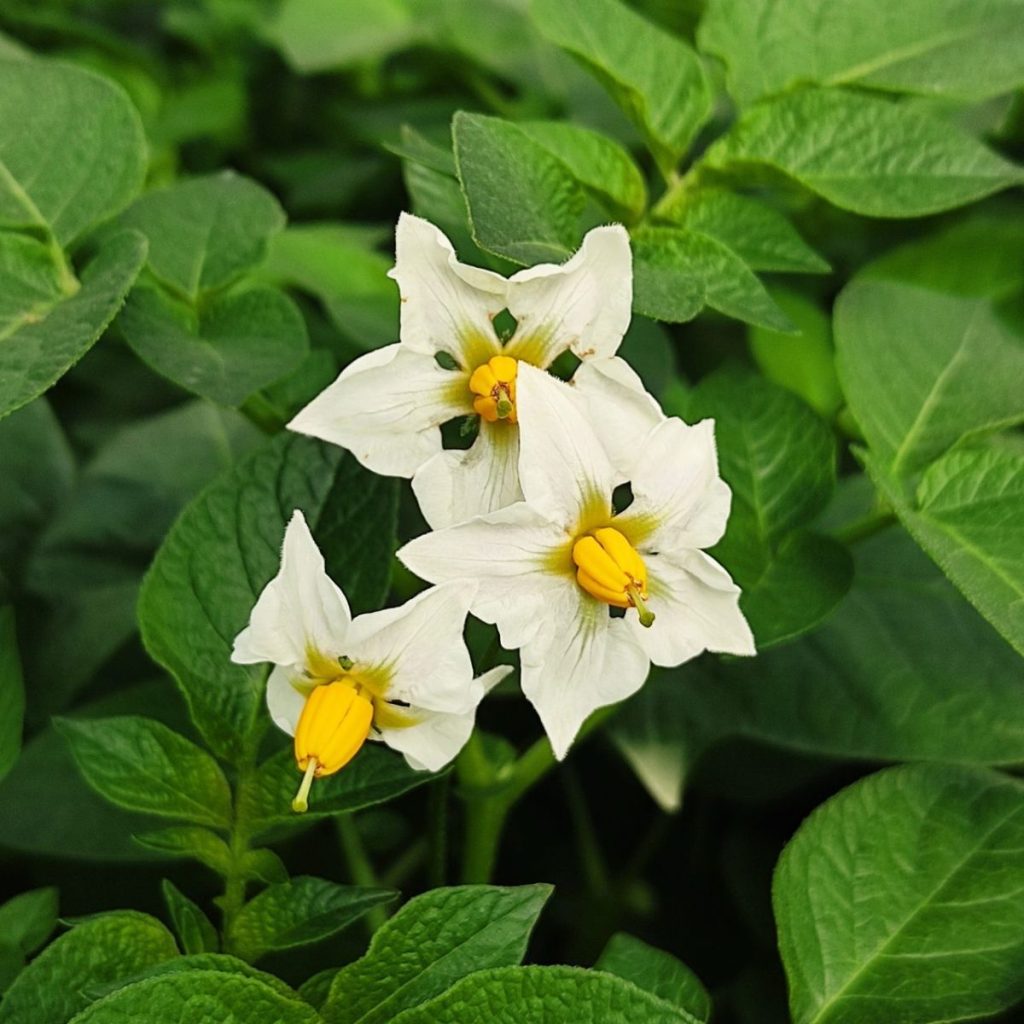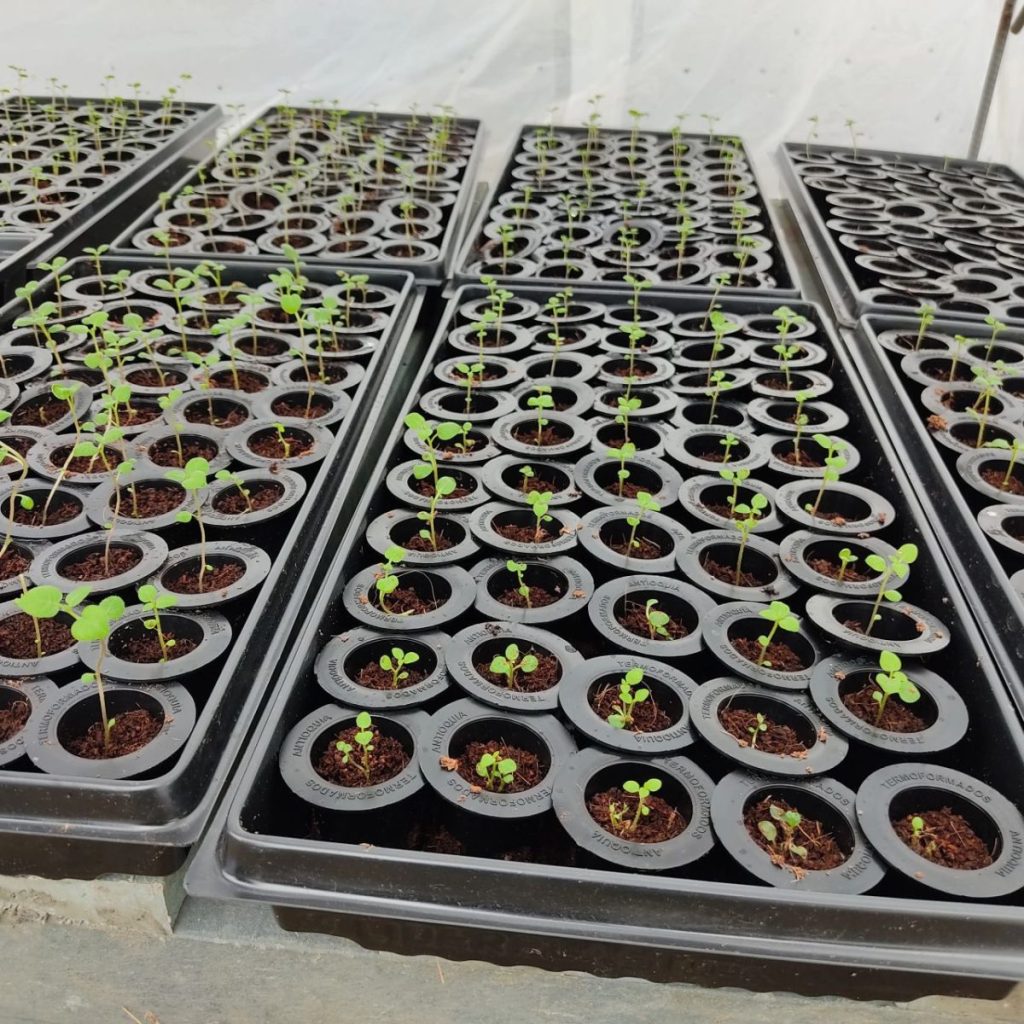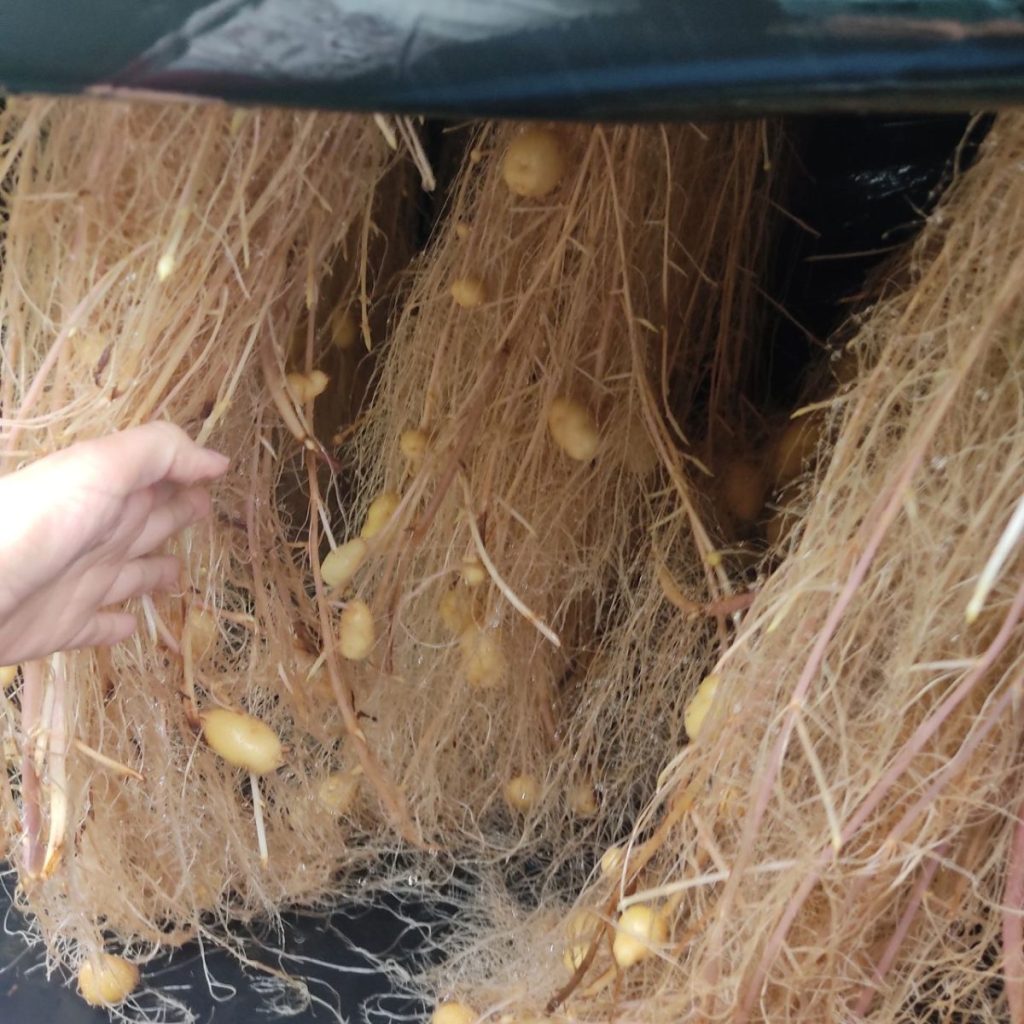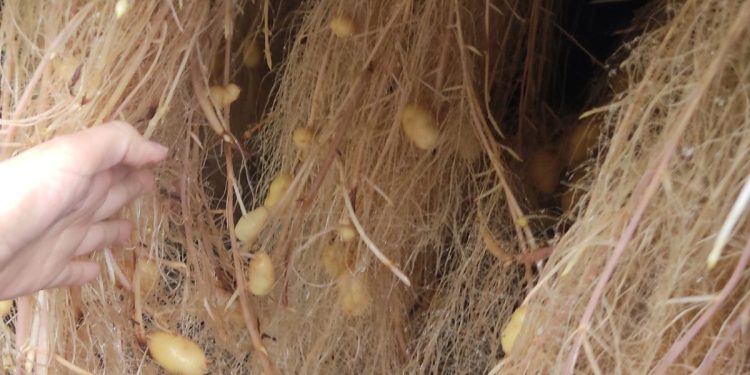In the world of Indian agriculture, professionals and startups are increasingly focusing on sustainability, climate impact, and ESG (Environmental, Social, and Governance) criteria. Blanca M. Leguízamo Betancourth, a pioneer in the field, is leading a game-changing initiative that could transform potato farming.
The production of mini tubers (potatoes) in traditional soil-based systems often comes with a host of challenges, including phytosanitary problems and mechanical damage. However, Blanca’s innovative approach involves cultivating mini tubers in an aeroponic system or a medium with humidified air through nebulization, completely eliminating the need for soil or any other substrate. This groundbreaking method not only results in higher yields but also ensures superior quality mini tubers.
One key advantage of this approach is its ability to quickly address phytosanitary issues by removing affected plants. This proactive measure significantly enhances the phytosanitary quality of the crop.
Blanca’s initiative is not just environmentally friendly; it’s also highly efficient. The absence of soil reduces the risk of soil-borne pathogens, leading to a higher rate of multiplication and mini tuber production per unit area. This method also promotes more efficient water usage and minimizes the need for chemical products, making it a more sustainable and cost-effective choice for potato farmers.
In this groundbreaking venture, Blanca and her team meticulously select mother plants with desirable phenotypic characteristics through field identification. These plants exhibit the best phytosanitary and productive conditions, serving as donors of explants for in vitro propagation. Importantly, these plants are free from pathogens like Potato virus X (PVX), Potato virus Y (PVY), Potato leaf roll virus (PLRV), and Potato virus S (PVS), which have historically caused significant losses in Colombia’s potato sector.
To produce super-elite category seeds (mini tubers obtained from in vitro propagation), the mother plants from the laboratory are transplanted into the aeroponic system under greenhouse conditions. Here, factors like nutrient requirements, the number of mini tubers per plant, caliber, and size of mini tubers are carefully monitored and controlled.
The mini tubers are continuously harvested during their last month of production and delivered to the field for further growth as elite vegetative material. This process represents a significant leap in sustainable potato farming, offering a promising future for the industry in terms of both quality and environmental impact. Blanca M. Leguízamo Betancourth’s pioneering work is a testament to the power of innovation in agriculture, promoting sustainability and crop quality in equal measure.

